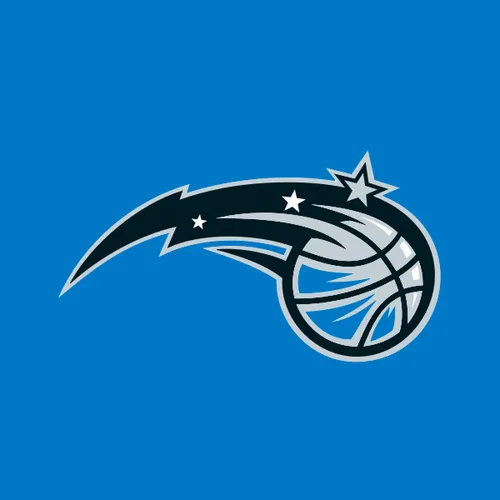







Nutrition Jobs in the Sports Industry: A Quick Guide
Introduction
The sports industry has experienced rapid growth, with a significant demand for nutrition professionals dedicated to improving athletic performance, overall health, and wellness. This guide aims to provide an in-depth look into the world of nutrition jobs within the sports industry, including the roles of nutrition professionals, the types of positions available, salary expectations, essential skills, and tips for landing a job in this exciting field.
The Role of Nutrition Professionals in the Sports Industry
Nutrition professionals play a critical role in the sports industry by helping athletes and clients achieve their physical goals and maintain optimal health. They design and implement nutrition plans, provide guidance on proper dietary choices, and offer support and education on various aspects of sports nutrition. Additionally, nutrition professionals often collaborate with other specialists, such as fitness professionals and sports medicine practitioners, to ensure a holistic approach to athletic performance and well-being.
Types of Nutrition Jobs in the Sports Industry
The sports industry offers a wide range of nutrition job opportunities, including:
Sports dietitians, who work with athletes to develop personalized meal plans, assess nutritional needs, and provide guidance on dietary supplements and hydration strategies.
Nutrition consultants, who offer expert advice to sports teams, organizations, and individual athletes on various aspects of sports nutrition.
Sports nutrition researchers, who conduct studies and investigations to expand knowledge and understanding of the relationship between nutrition and athletic performance.
Nutrition educators, who develop and deliver educational programs and materials to raise awareness of the importance of proper nutrition for athletes and active individuals.
Nutrition product developers, who create and formulate sports nutrition products, such as supplements, bars, and beverages, to support athletic performance and recovery.
Salaries in the Nutrition Hiring Sector of the Sports Industry
Salaries for nutrition professionals can vary widely based on factors such as experience, location, and employer. Entry-level positions, such as nutrition assistants or newly-certified sports nutritionists, may offer modest compensation. Junior-level professionals, like experienced sports nutritionists or nutrition consultants, can expect higher salaries. Intermediate-level positions, such as sports dietitians or nutrition researchers, typically command competitive wages. Senior-level professionals, including experienced nutrition educators or renowned experts in their field, can earn lucrative salaries commensurate with their experience and reputation.
Essential Skills for Success in Sports Nutrition
To excel in the nutrition sector of the sports industry, professionals must possess a diverse skill set, including:
Deep knowledge of nutrition science, food composition, and the role of nutrients in athletic performance and recovery.
Strong communication and interpersonal skills for effective coaching, relationship-building, and collaboration with athletes and other professionals.
Creativity and adaptability to design and modify nutrition plans based on individual needs, goals, and preferences.
Critical thinking and problem-solving abilities to accurately assess nutritional needs and develop effective strategies to address them.
Time management and organizational skills to balance client consultations, program development, and other responsibilities.
Tips for Landing a Job in Sports Nutrition
Securing a position in the sports nutrition sector can be competitive. To increase your chances of success, consider the following tips:
Obtain relevant certifications from recognized organizations, such as the International Society of Sports Nutrition (ISSN) or the Academy of Nutrition and Dietetics (AND).
Gain practical experience through internships or part-time positions in nutrition settings found on Rebound.
Network with industry professionals by attending conferences, joining professional associations, and engaging in online forums and social media.
Tailor your resume and cover letter to emphasize your relevant education, experience, and skills in sports nutrition.
Prepare for interviews by researching potential employers, practicing common interview questions, and demonstrating your passion for sports nutrition and the sports industry.
Conclusion
The nutrition sector of the sports industry offers a diverse range of rewarding career opportunities for those passionate about the health and well-being of athletes. By understanding the various roles, job types, salary expectations, and skills required, you can better position yourself for success in this dynamic field. Remember to invest in your professional development, gain hands-on experience, and build a strong network of contacts. With determination, hard work, and the right approach, you can find your place in the nutrition hiring sector of the sports industry and enjoy a fulfilling and impactful career.



























